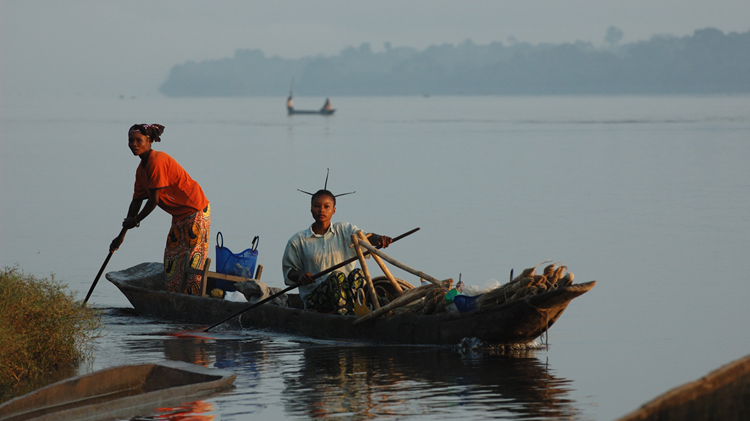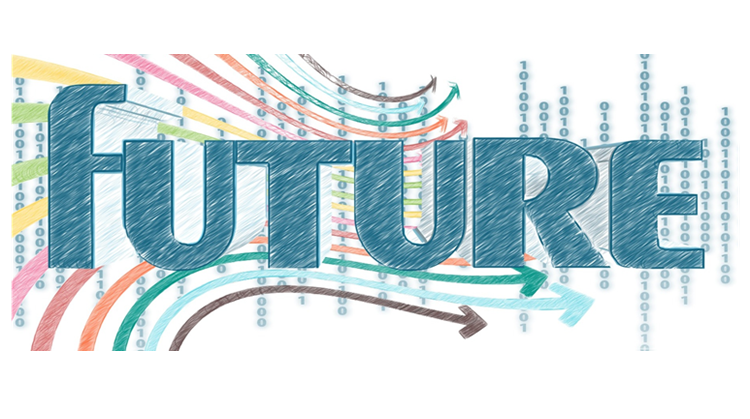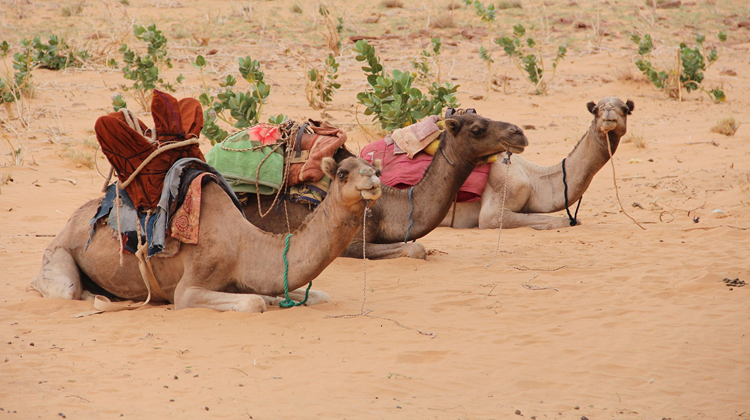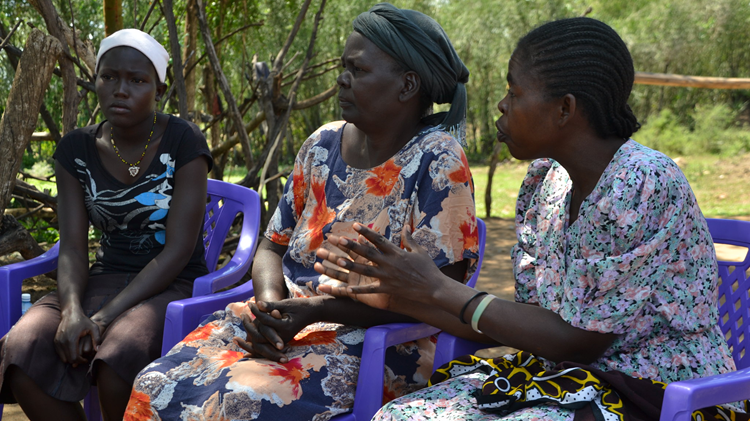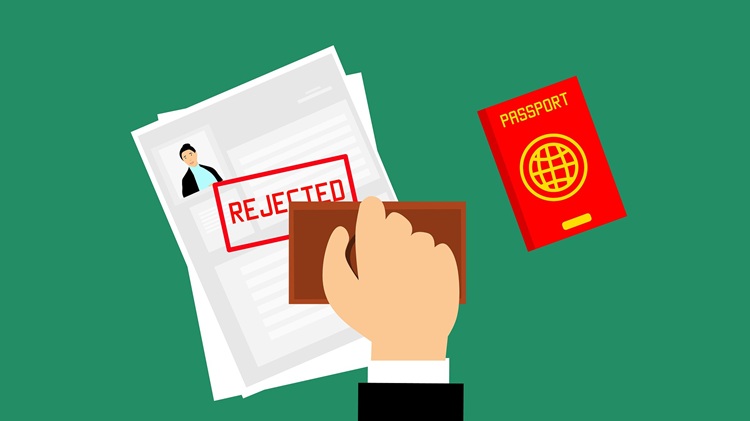What future global order?
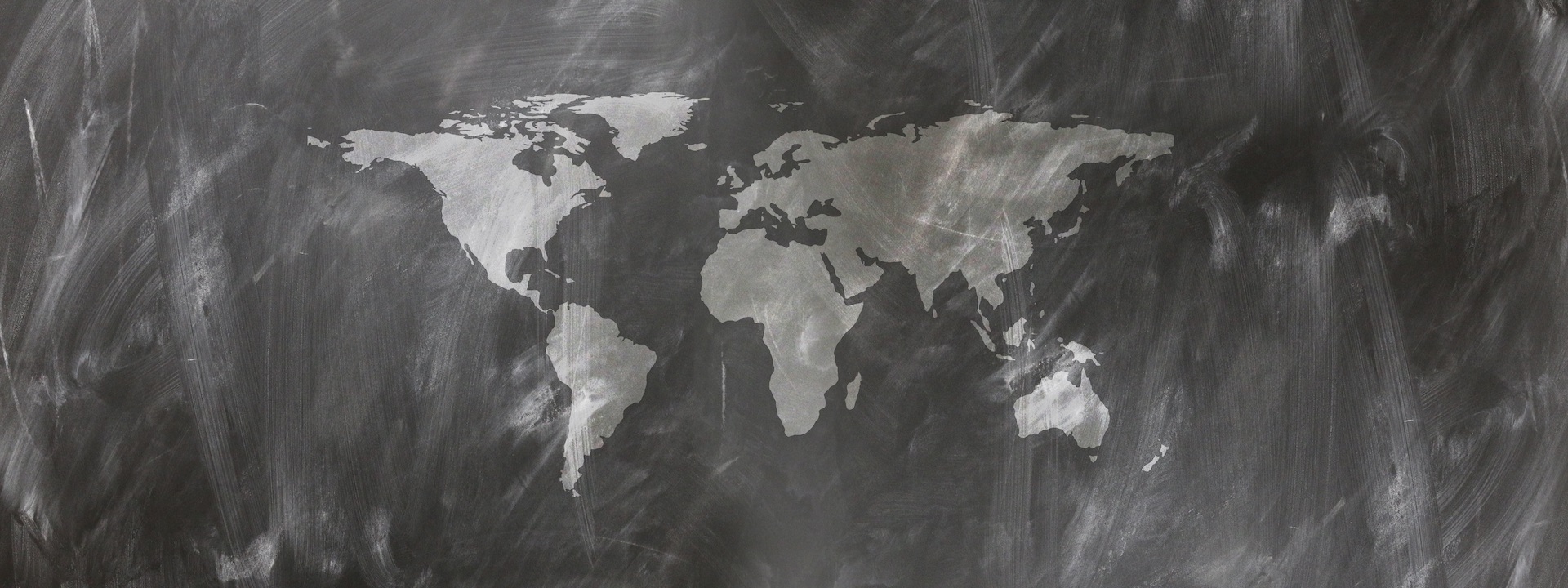
Africa needs a rules-based system – just not this one.
The world is changing, and many in the foreign and security policy establishment grapple with the implications of such change.
Are we headed for a bipolar structure with the United States (US) and China at its core? Or are we heading towards a messy multipolar system that could see additional centres of global power, including a larger and more influential European Union (EU) and some undefined ‘global south’ that includes India and others?
Or is the future simply a collapse of the current rules-based order and a return to a more anarchic system that reflects the 18th/19th-century international system?
The starting point in any such analysis is to contrast the world views of China and the US, reflecting a dominant but declining superpower and its aspirant rival.
For China, the world is hierarchical, where powerful countries dominate, and international relations are conducted respectfully between countries who refrain from setting standards on internal governance or from interfering in the domestic issues of others. A typical response from someone like Chinese Foreign Ministry spokesperson Wang Wenbin, on an international issue, therefore, includes standard phrases. These reflect the importance of peace and stability, the goal of the wellbeing of countries and people in the region, and the importance of safeguarding world peace, boosting global economic growth and keeping energy, minerals or trade supplies stable.
Countries in dispute are encouraged to resolve them by cultivating ‘good neighbourliness and friendship’ through dialogue and consultation.
What Africa should strive for is a transformed global, rules-based system based on equity, justice, democracy and individual rights
In this standard response, China would ‘support regional countries in seeking development through solidarity and keeping their future firmly in their own hands.’ This reflects the extent to which China rejects Western practices that tend to comment on internal disputes and standards on the treatment of nationals in a country. These views reflect China’s past humiliation at the hands of foreign powers and its desire to avoid scrutiny of its domestic governance practices.
The US, too, has a hierarchical view of the world, with itself at the pinnacle. However, it is more clearly transactional in its actions and policies – and in the wake of the Trump presidency, it is less dependable and predictable.
In Chinese thinking, morality is determined by the relations between states.
From the perspective of the EU and US, the ties within states nominally determine morality. In that sense, morality is more fickle since it tries to exclude those countries that suppress their people and don’t respect basic human rights from the global commons.
It is also nominal since the US, more than most, often happily partners with autocracies when that suits its national interest. The major criticism of the West is that it is generally inconsistent in applying those values, with Palestine often quoted as an example, and the prominence provided to Russia’s war on Ukraine compared to other conflicts.
China considers its view of the world order as morally superior because of its universal and inclusive nature, while the West argues that its values-based approach is deserving of appreciation, given its emphasis on individual rights. According to the West, bad states treat their citizens poorly, while bad states, according to China, do not respect other states.
The Chinese economy will, in about a decade, be the largest globally in market exchange rates
Chinese focus on mutual respect and win-win cooperation is subject to its hierarchical view on the structure of global politics that would see it dominate in Asia and ideally globally. Morality is on the side of the strong and the powerful, as it has been within China since imperial times.
Like the US, China often invites smaller countries to join and collaborate in various initiatives but never to co-create. Dialogue is always subject to hierarchy, meaning smaller states must respect that natural order of things. China’s view is of an inclusive, non-discriminatory world – a pluralist view of ‘live and let live’, albeit within the rules that it sets.
The deficiencies of the current, US-dominated, global system are apparent. But there are serious reasons to question the practicality and desirability of a Chinese world order, should it come to pass, given the interconnected nature of the global economy and social relations enabled by modern technology such as the internet. It’s only possible in a world where countries isolate themselves from people-to-people exchanges, and where all aspects of private, commercial and civic space are subservient to an all-powerful ideological centre, as with the Chinese Communist Party.
The Institute for Security Studies developed and modelled alternative global scenarios to understand global trajectories and how these would impact Africa’s development prospects. Among others, we argue that Africa doesn’t have a dog in the fight regarding Russia’s war in Ukraine or, indeed, in the dispute on Taiwan.
Of course, it’s easy for Africans to take that view. We are geographically distant from both conflicts, and it isn’t our territory that Russia invaded; nor do we border the South China Sea or have any land borders with China. People from Tibet, Xinjiang or Hong Kong aren’t part of the African diaspora, and China is not responsible for slavery, imperialism or colonialism – having assisted Africans in their struggle for emancipation.
Are we headed for a bipolar structure with the United States and China at its core?
While some Africans may be concerned about the lack of individual liberties in these territories, it is best, in this view, to avert our eyes and focus them closer to home. Except that we don’t. It is easier to criticise Israel for suppressing Palestinians than leaders in Eswatini, the Central African Republic or Sudan for doing the same in Africa.
Looking at Beijing, Washington and Brussels from Pretoria, Addis Ababa or Abuja, our focus is growth and development. During the Cold War, tensions and proxy conflicts had a hugely negative effect on Africa, and there is every reason to be concerned that we are again being forced to choose sides while global growth prospects decline for everyone, including Africa.
This may, however, be shortsighted.
Africa has several disputes with China relating to fishing rights, trade, quality of infrastructure, and the terms of government loans. Embracing a systemic hierarchical vision of global win-win relations is easy for countries not geographically proximate to China. There are many examples of countries that have been punished when taking positions contrary to Chinese interests, ranging from Vietnam to Norway, although much fewer than by the West.
Unlike in China, elected governments in the West are sensitive to public opinion and pressure and can be held to public account. And unlike China, the default position reflects a concern for individual rights and liberties that is widely appreciated by African citizens, if not by all of their leaders.
The current version of the rules-based system is unravelling rapidly
Africa should strive for a transformed global, rules-based system based on equity, justice, democracy and individual rights. In about a decade, the Chinese economy will be the largest globally in market exchange rates and, a decade later, emerge as the single most powerful country globally.
However, Africans should rightfully be concerned about the nature of a global system along the hierarchical nature outlined above, in which bad governance, corruption and patronage on the continent are left unchecked, with foreign, state-owned companies reigning freely.
The key issue here is who sets the rules and how they’re pursued in an even-handed manner. The rules of the current liberal international order have largely been set by the West, which has built a comprehensive system of institutions, rules and practices based on a belief in individual rights, democracy, globalisation and a free market economy. But it has stacked the deck in by whom and how they are applied, evident in Western trade with China, oil from the Middle East, and considerations regarding access to markets or strategic resources from elsewhere.
What makes this so difficult is that, on the one hand, globalisation and the free market have delivered unparalleled prosperity since the end of World War II, even as there is a dire need to move towards a sustainable development pathway given climate change rapidly. Yet, on the other hand, through state-led policies and authoritarianism, China has developed and alleviated poverty more rapidly in recent history than any other country.
Looking to the future and assuming we won’t experience a great power implosion in the US, China or the EU, the current trajectory is towards a two-track world where China successfully builds an alternative global architecture that eventually challenges the current Western neoliberal one.
In this vein, the successive release by President Xi Jinping of China’s Global Development Initiative, a Global Security Initiative, and its Global Civilisation Initiative present the building blocks towards such an alternative framework to the Western rules-based system. It reflects China’s hierarchical view of relations where larger countries dominate, free from interference from elsewhere. And where a governing party pursues development policies without the constraints of a free media, foreign interference or the need to balance the executive, judiciary and legislature. It won’t be pleasant.
According to the West, bad states treat their citizens poorly, while bad states, according to China, do not respect other states
The current version of the rules-based system is unravelling rapidly, and without bold action, it may wither to serve the interests of a selected rich few. It will only survive globally through fundamental reform of the institutions that set those global rules, such as an entire recasting of the UN Security Council, the governing boards, composition and voting rights within the World Bank and International Monetary Fund boards, among others.
Should that not occur, the West will continue to retain a wealth and technological advantage globally but be increasingly isolated. Its prosperity will inevitably come under pressure from poorer regions, including from Africa, reflected in migration patterns, exclusion from larger markets in Africa and Asia, and eventually, from the labour and minerals for the Fourth Industrial Revolution. For their part, African citizens will be denied the opportunities for their economic and political freedoms.
With 54 small economies in desperate need of rapid, inclusive growth, the largest cohort of poor people globally and deeply affected by global developments elsewhere, Africa needs a rules-based system that reflects the values generally associated with the West but applied even-handedly.
It also needs a sustainable growth model that emulates the inclusion, social contract, environmental orientations and social-democratic approaches generally associated with the Nordic countries. Not the dog-eats-dog raw capitalism of the US, or the suppression of rights in China. That requires a focus on minimum standards of electoral democracy (as opposed to liberal democracy), good governance, and consistency in applying minimum standards of freedom and choice.
Nor a future where a single conflict, Russia’s war on Ukraine, sucks the air out of other challenges that need attention.
Image: Geralt/Pixabay

